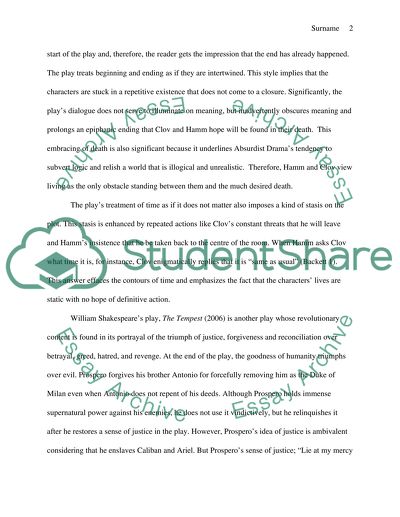Cite this document
(“The Revolutionary Content in Literature: A Case of Selected Plays and Essay”, n.d.)
The Revolutionary Content in Literature: A Case of Selected Plays and Essay. Retrieved from https://studentshare.org/literature/1461672-final-exam-essay
The Revolutionary Content in Literature: A Case of Selected Plays and Essay. Retrieved from https://studentshare.org/literature/1461672-final-exam-essay
(The Revolutionary Content in Literature: A Case of Selected Plays and Essay)
The Revolutionary Content in Literature: A Case of Selected Plays and Essay. https://studentshare.org/literature/1461672-final-exam-essay.
The Revolutionary Content in Literature: A Case of Selected Plays and Essay. https://studentshare.org/literature/1461672-final-exam-essay.
“The Revolutionary Content in Literature: A Case of Selected Plays and Essay”, n.d. https://studentshare.org/literature/1461672-final-exam-essay.


